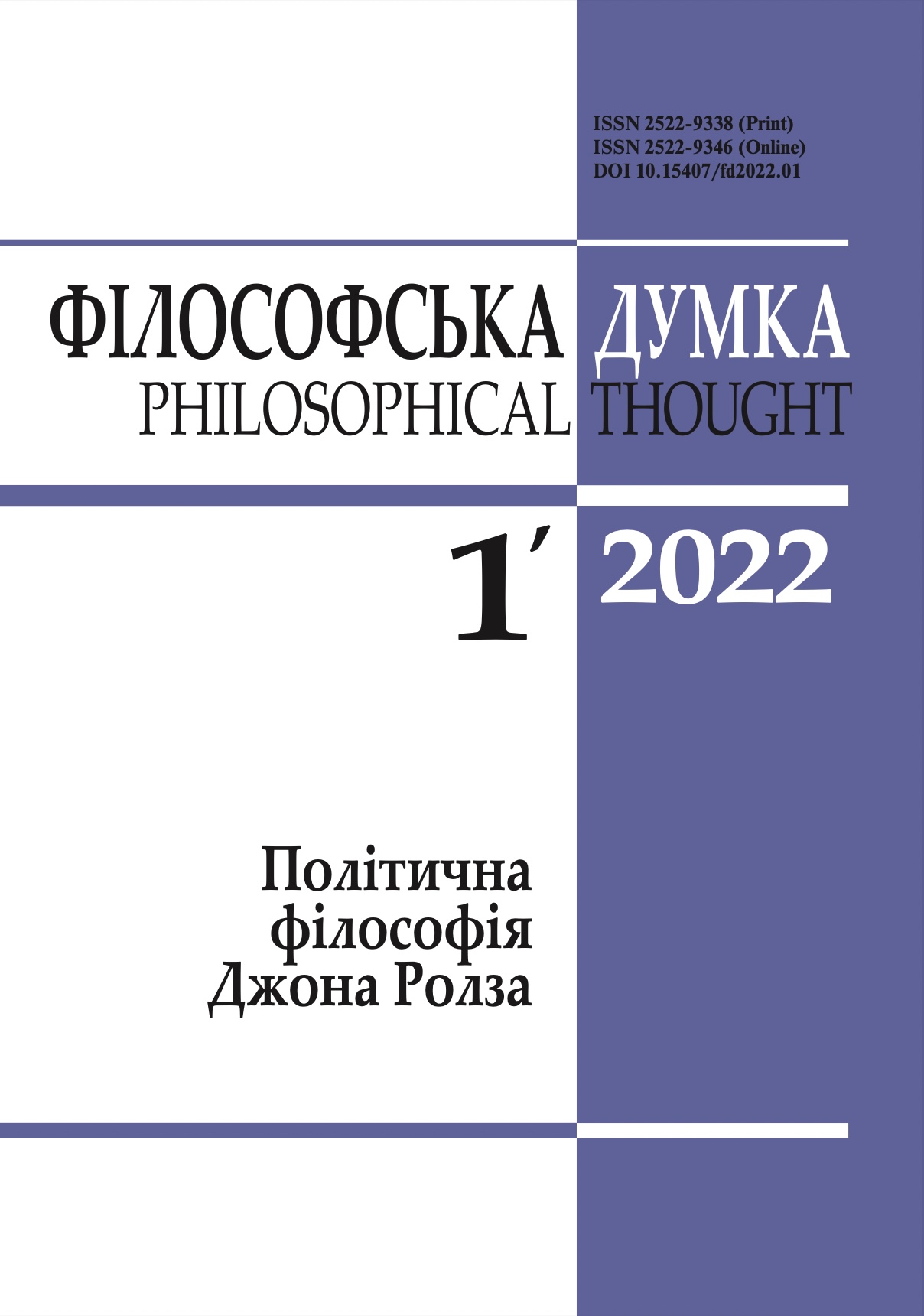ANTI-KRIPKEAN INTUITIONS: CONCEPTUALISM VERSUS ESSENTIALISM
LOGIC, METHODOLOGY AND PHILOSOPHY OF SCIENCE
DOI:
https://doi.org/10.15407/fd2022.01.098Keywords:
general name, natural kind, conceptualism, descriptivism, the cluster theory, essentialism, referenceAbstract
The article discusses Saul Kripke’s criticisms of the account of the reference of general names he called “descriptivism” and the considerations he advanced in favour of his own essentialist causal-historical account of the reference of natural kind terms. The alternative of conceptualism versus essentialism about the reference of general terms is explained in details. The case is made that most of the intuitions on which Kripke based his arguments are highly controversial, and the main examples he used to explain and support his views (such as examples of whales and fish, water and H20, gold, tigers, and unicorns) do not constitute a clear case for the preference of essentialism over conceptualism. Moreover, these examples can be modified in such ways that in the perspective of these modifications, Kripke’s essentialist construal turns out to be far-fetched and implausible, whereas a form of conceptualism (the cluster theory of reference) is tenable.
References
Burge, T. (1979). Individualism and the Mental. Midwest Studies in Philosophy, 4, 73-121.
https://doi.org/10.1111/j.1475-4975.1979.tb00374.x
Burge, T. (2007). Foundations of Mind: Philosophical Essays. Vol. 2. Oxford, New York: Oxford University Press.
Chalmers, D. (1996). The Conscious Mind. Oxford, New York: Oxford University Press.
Chalmers, D. (2006). The Foundations of Two-Dimensional Semantics. In: M. Garcia-Carpintero, J. Macia (Eds.), Two-Dimensional Semantics: Foundations and Applications (pp. 55-140). Oxford, New York: Oxford University Press.
Chalmers, D. (2010). The Two-Dimensional Argument Against Materialism. In: D. Chalmers, The Character of Consciousness (pp. 141-205). Oxford, New York: Oxford University Press.
https://doi.org/10.1093/acprof:oso/9780195311105.003.0006
Dupré, J. (1981). Natural Kinds and Biological Taxa. Philosophical Review, 90, 66-90.
https://doi.org/10.2307/2184373
Hayek, F. (1952). The Counter-Revolution of Science. Studies in the Abuse of Reason. Glencoe, Illinois: The Free Press.
Jackson, F. (2004). Why We Need A-Intensions. Philosophical Studies, 118, 257-277.
https://doi.org/10.1023/B:PHIL.0000019548.04704.69
Kipper, J. (2012). A Two-Dimensionalist Guide to Conceptual Analysis. Ontos Verlag.
https://doi.org/10.1515/9783110322705
Kripke, S. (1972). Naming and Necessity. In: D. Davidson, G. Harman (Eds.), Semantics of Natural Language (pp. 253-355). Dordrecht: Reidel.
https://doi.org/10.1007/978-94-010-2557-7_9
Nelson, J. S. (2006). Fishes of the World (4th ed.). John Wiley & Sons.
Plato (1892). Phaedrus. In: B. Jowett (Transl.), Dialogues of Plato. Vol. 1 (pp. 391-489). Oxford, New York: Oxford University Press.
Putnam, H. (1973). Meaning and Reference. The Journal of Philosophy, 70(19), 699-711.
https://doi.org/10.2307/2025079
Putnam, H. (1975). The Meaning of "Meaning". Minnesota Studies in the Philosophy of Science, 7, 131-193.
https://doi.org/10.1017/CBO9780511625251.014
Rickard, D. (2015). Pyrite: A Natural History of Fool's Gold. Oxford, New York: Oxford University Press.
Downloads
-
PDF
Downloads: 237
Published
How to Cite
Issue
Section
License
Authors who publish with this journal agree to the following terms:
- Authors retain copyright and grant the journal right of first publication.
- Authors are able to enter into separate, additional contractual arrangements for the non-exclusive distribution of the journal's published version of the work (e.g., post it to an institutional repository or publish it in a book), with an acknowledgement of its initial publication in this journal.
- Authors are permitted and encouraged to post their work online (e.g., in institutional repositories or on their website) prior to and during the submission process, as it can lead to productive exchanges, as well as earlier and greater citation of published work (See The Effect of Open Access).


